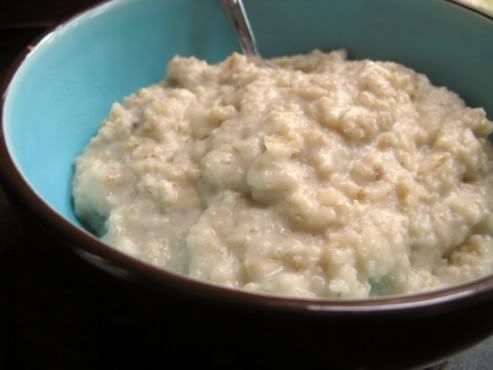
In 1997, the FDA decided that oatmeal makers could make this health claim on their packages: “May reduce the risk of heart disease." That's because eating oatmeal, oat bran, or foods that are high in oats helps lower your cholesterol. Most important, it lowers your LDL cholesterol without also lowering your HDL cholesterol. How do oats accomplish this miracle?
Through their unique soluble fiber. Here's why. Your liver uses cholesterol to make digestive juices called bile acids. The bile is squirted out from your gall bladder into your small intestine to help you digest your foods, especially fats. If you eat a low-fiber diet, a lot of the bile acid gets reabsorbed into your blood through your intestinal wall. Because bile acids have a lot of cholesterol in them, that can raise your blood cholesterol level. If you could keep the bile acids from being reabsorbed, your cholesterol would go down. That's exactly what oats do. Oats are full of a soluble fiber called beta glucan. When you eat oat bran, oatmeal, or oat flour, the soluble fiber forms a gel that traps the bile acids and carries them out of your body. Your liver reacts to all this by making more bile acids. To do that, it pulls cholesterol out of your blood. Because you're not reabsorbing the cholesterol from your bile acids, and because you're also using up blood cholesterol to make more of them, your cholesterol level drops.
If your cholesterol is on the high side, try having any sort of oat cereal for breakfast (see the chart for the fiber in some popular choices). After a few months of devoted oatmeal-eating, you could see a real drop in your cholesterol level. If you also eat a lot of beans, it could drop even further. And if your cholesterol is only borderline high (200 to 240 mg/Dl), lowering it by just 10 percent could cut your risk of a heart attack by 50 percent.


0 comments:
Post a Comment